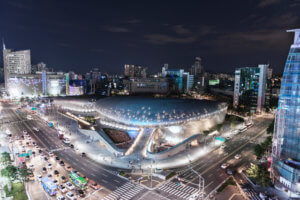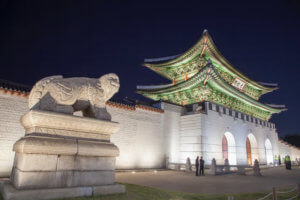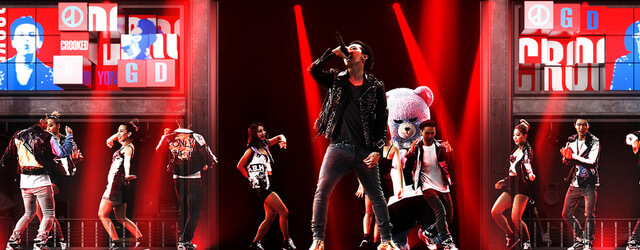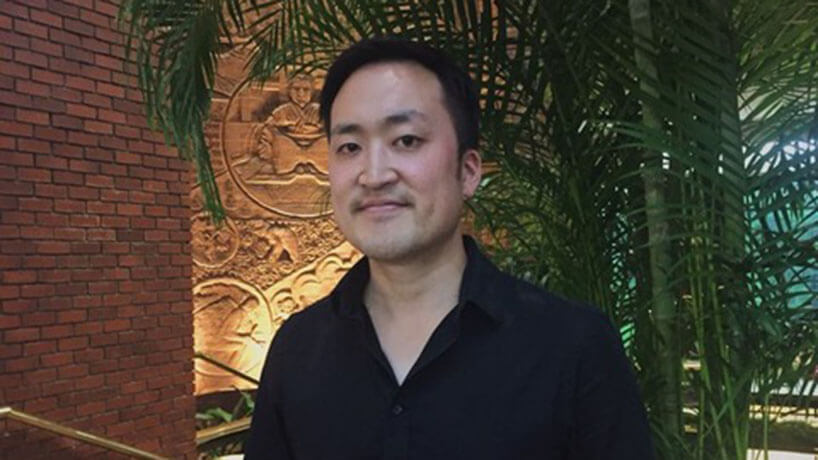#ThoughtLeadership
Alex Paik, managing director of Seoul-based brand consultancy AP Communications, offers tips on how event planners can overcome logistical challenges to deliver on client expectations for incentives in Seoul.
Korean pop culture has taken Asia by storm, and this has led to more and more interest in Korea as both a tourism and business events destination.
Many visitors come with the image of Korea as a fast-moving, progressive society. However, the reality is that the culture can be much more conservative and risk-averse than what is portrayed on TV.
 Friends and colleagues in Asia constantly ask: “Are all Korean girls really that pretty?” or “Is it true all oppas (older men) are super sweet to their girlfriends?” “With the world’s fastest internet speeds, surely Korea should have Uber and Google Maps?” (Answers to above: No, no, only Uber Black, and no, it doesn’t work properly.)
Friends and colleagues in Asia constantly ask: “Are all Korean girls really that pretty?” or “Is it true all oppas (older men) are super sweet to their girlfriends?” “With the world’s fastest internet speeds, surely Korea should have Uber and Google Maps?” (Answers to above: No, no, only Uber Black, and no, it doesn’t work properly.)
This dialectic between perception and reality is not a phenomenon singular to the destination of Seoul. As a Los Angeles native, I know many people who’ve visited Hollywood only to be taken aback at the grungy streets and dilapidated buildings that make up most of its boulevards. There are also cases of Japanese travellers being afflicted by “Paris Syndrome” — a transient mental disorder caused by the disconnect between the fabulous Paris they see in magazines and the city they experience first-hand.
The pressure to deliver hallmark Hallyu (Korean pop culture) moments has led to government bureaus, event agencies, and local DMCs creating everything from K-pop exhibits to customised K-pop tours. However, the reactive nature of many of these products means they can be lacklustre and often present several logistical challenges.

For event professionals looking to plan incentive itineraries in Seoul, it can be hard to package the glitz and glamour of Korean Hallyu culture into a corporate setting, especially since there are not enough quality products and successful cases to work with. This leaves international event planners with the difficult task of bridging the gap between client expectations and the reality of doing business.
Here are my tips to planning successful incentive experiences in Seoul:
Show, don’t tell
Dropping by famous filming locations, camping outside famous K-pop agencies, and taking selfies in the K-pop and K-drama halls of the Grevin Wax Museum may tick the box for zealous K-pop fans, but these (largely leisure-focused) experiences may fall short when it comes to meeting corporate event objectives.
For a true taste of K-Wave glamour, take groups on a walking tour of the infamous Gangnam district, where they can learn how to mix cocktails in some of the city’s coolest bars, and taste popular local brew like makgeolli (Korean rice wine). Exploring Seoul’s traditional markets is another immersive activity for corporate groups — and safe to explore without much oversight.
Hallyu isn’t for everyone
There are a number of interactive experiences for those wanting to channel their inner K-wave diva. Traditional Korean cooking or K-pop dance lessons are widely available (in English or Chinese) across Seoul, while SM Town at Coex offers full celebrity makeovers and the opportunity to shoot a K-pop music video in the style of your favourite SM artist.
That being said, breaking out the sweatpants to have a go at some of the most complex dance combinations in pop music today isn’t for everyone. While many of these immersive programmes are well-designed, it’s a good idea to consider carefully whether the activity will be appropriate for everyone, and whether some people may feel excluded or uncomfortable.
Storytelling through gamification
If a client insists on including several different sights and experiences, a fun and meaningful way to weave them all together is to host scavenger hunts or themed missions. For those delegates wanting to re-live their favourite K-drama moment, games can provide an easy way to tell a story that embodies both the fun of K-pop and the client’s corporate/brand values.
Recently, a client reached out to us about creating a customised incentive experience based on the hugely popular South Korean game show, Running Man. They wanted to recreate some of their favourite scenes from the show — such as playing hide-and-seek, and planting “traitors” amid teams to sabotage the mission. The problem, of course, was that many of the scenes they remembered could only work as part of a scripted television show. Furthermore, they wanted to include iconic tourist attractions and cultural experiences, where it can be very difficult to create a controlled environment.
To overcome this challenge, we split the group into several teams and gave them each a puzzle-based mission with clues that led them through a traditional market, the subway, Seoul landmarks, and a final party destination. By reliving the competitive spirit of the show and using some of their props and themes, we not only delivered on the unique “Running Man” experience, but also created an interactive activity that prompted team-building and brought everyone closer together.
The pressure to pull off a memorable event leave many clients looking to the stars. In Seoul, this often leads events planners to look towards K-pop. But like any destination, Seoul is the sum of many parts — beyond the modern Hallyu wave, there are many historical and cultural traditions that underpin the way of life, and that can be weaved into a corporate incentive programme.

